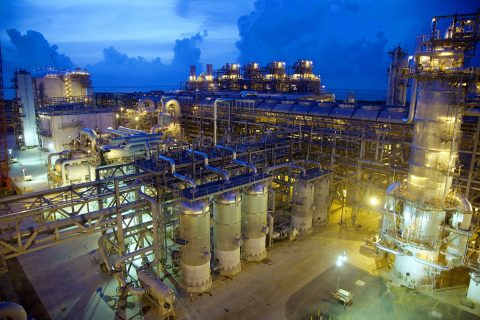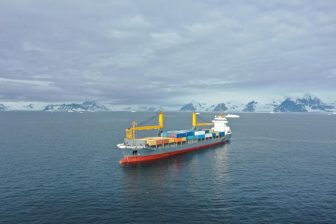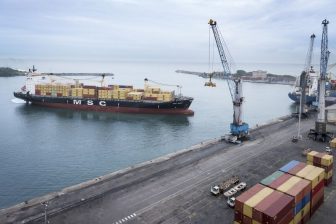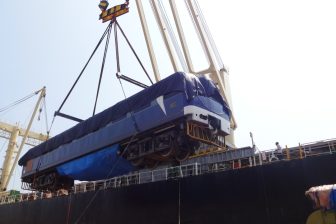
Japan to invest an additional USD 10 billion in global LNG infrastructure
Japan will invest an extra USD 10 billion on liquefied natural gas projects worldwide to boost the LNG market and reinforce the security of energy supply, the minister of Economy, Trade and Industry (METI) said on Thursday.
With the move, the country wants to reduce its reliance on energy from the Middle East where growing tensions threaten the stability of oil and gas supply.
The announcement means Japan is doubling previous commitments to bolster its energy supply chain. In 2017, the previous METI minister Hiroshige Seko also promised to invest USD 10 billion in LNG projects.
“On top of Japan’s commitment two years ago of investing or financing more than $10 billion in energy supply chains, we are making a fresh commitment of additional and collective $10 billion funding from both public and private sectors,” said Isshu Sugawara, the country’s industry minister, while speaking at the annual LNG Producer-Consumer Conference in Tokyo.
The original budget has been largely used for funding of major projects such as LNG Canada, in which trading house Mitsubishi Corp has a stake, and Mozambique LNG project, in which Mitsui owns a stake, an official at the industry ministry told Reuters.
“The new investment will be used to develop infrastructure mainly in new and developing markets in the India subcontinent and Southeast Asia, reflecting a shift in priorities,” Wood Mackenzie’s research director Nicholas Browne says. “This is an evolution from the spending plan from two years ago which was focused on encouraging new supply sources, and has been largely realised through Japanese investments such as Arctic 2.”
Next to investing in infrastructure, the ministry also plans to train an extra 500 experts in LNG technology. In 2017, when Tokyo pledged to bolster its energy supply chain, the ministry also promised to train 500 LNG experts. Since then, over 400 experts have been trained, the METI official told Reuters.
Biggest LNG importer
Japan has become the biggest importer of LNG in the world following the nuclear disaster in Fukushima in 2011, when an earthquake and tsunami led to a breakdown of the Fukushima nuclear plant. Large amounts of water were contaminated and 154,000 people in a 20-kilometre radius of the plant had to be evacuated. Following the accident, Japan decided to reduce its dependence on nuclear power, which accounted for 30% of the nation’s energy supply, and fill the gap using LNG.
The new boost in LNG infrastructure accelerates the development of this market and will lead to an increased number of LNG-related transport orders. At the Project Cargo Summit, analysts of Rystad Energy and shipping company Rolldock said they already expect big things from this industry. For example, the US is also investing large sums of money in new export facilities.



